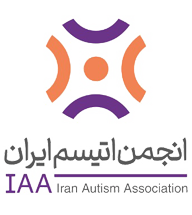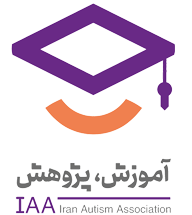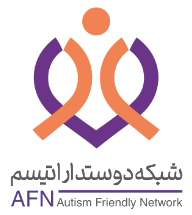What is Autism?
Autism Spectrum Disorder (ASD) is a complex neurodevelopmental condition that affects an individual’s perception of the world, cognitive processes, emotional regulation, and social communication skills. ASD is a lifelong condition that can cause difficulties in social interaction, verbal and nonverbal communication, and repetitive behaviors. Moreover, individuals with ASD may experience sensory sensitivities, which can lead to challenging behaviors. It is important to note that ASD is a spectrum disorder, and each individual with ASD has unique strengths and challenges.
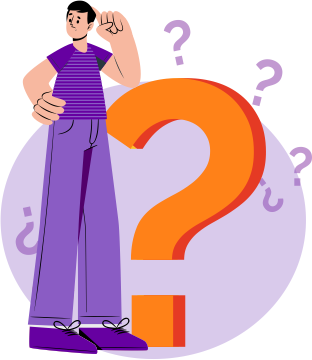
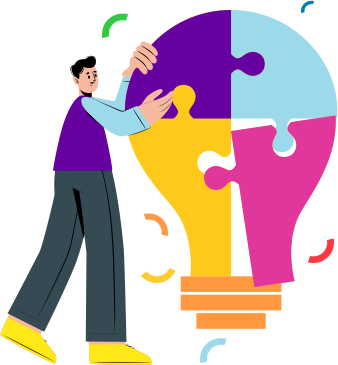
What are the main symptoms of autism?
Social communication issues or social phobia may be present in individuals with autism spectrum disorder (ASD). Symptoms may include:
- Not reacting to their name
- Avoiding communication with other children and preferring to play alone
- Lacking eye contact
- Avoiding being touched
- Having difficulty describing feelings
- Having difficulty with spoken language
In addition, individuals with ASD may exhibit repetitive and restricted behaviors, such as:
- Having repetitive body movements, like moving back and forth, flapping, spinning, etc.
- Staring at particular objects, such as luminous ones
- Focusing on particular issues and showing extreme interest in some topics
- Not being able to follow the routine and persisting in change
What problems people with autism face?
The word “spectrum” used to describe autism means that people with autism face various challenges even within the same range. Therefore, it is difficult to pinpoint the exact problems these people face. In some cases, an autistic person has a secondary condition that makes the situation harder for them, such as mental disability, epilepsy, speech and language problems, anxiety and depression, sleep problems, motor disability, etc.
Apart from the above difficulties, people with autism see the world differently. Due to some social issues and repetitive and restricted behavior, other people in society can’t put themselves in an autistic person’s shoes and understand them. As a result, they are often judged wrongly by others. These difficulties affect their capacity and confidence to interact socially.
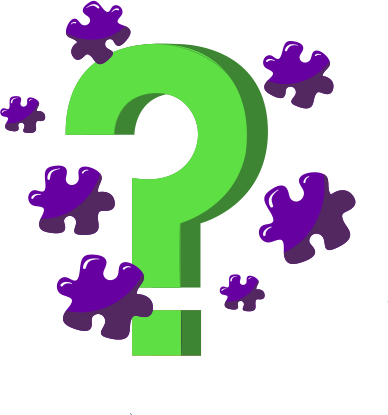
Address
ic@irautism.org
No.8, Mojahed Kabir Street, East Laleh Boulevard, South Sattari Highway, Tehran, Iran.

